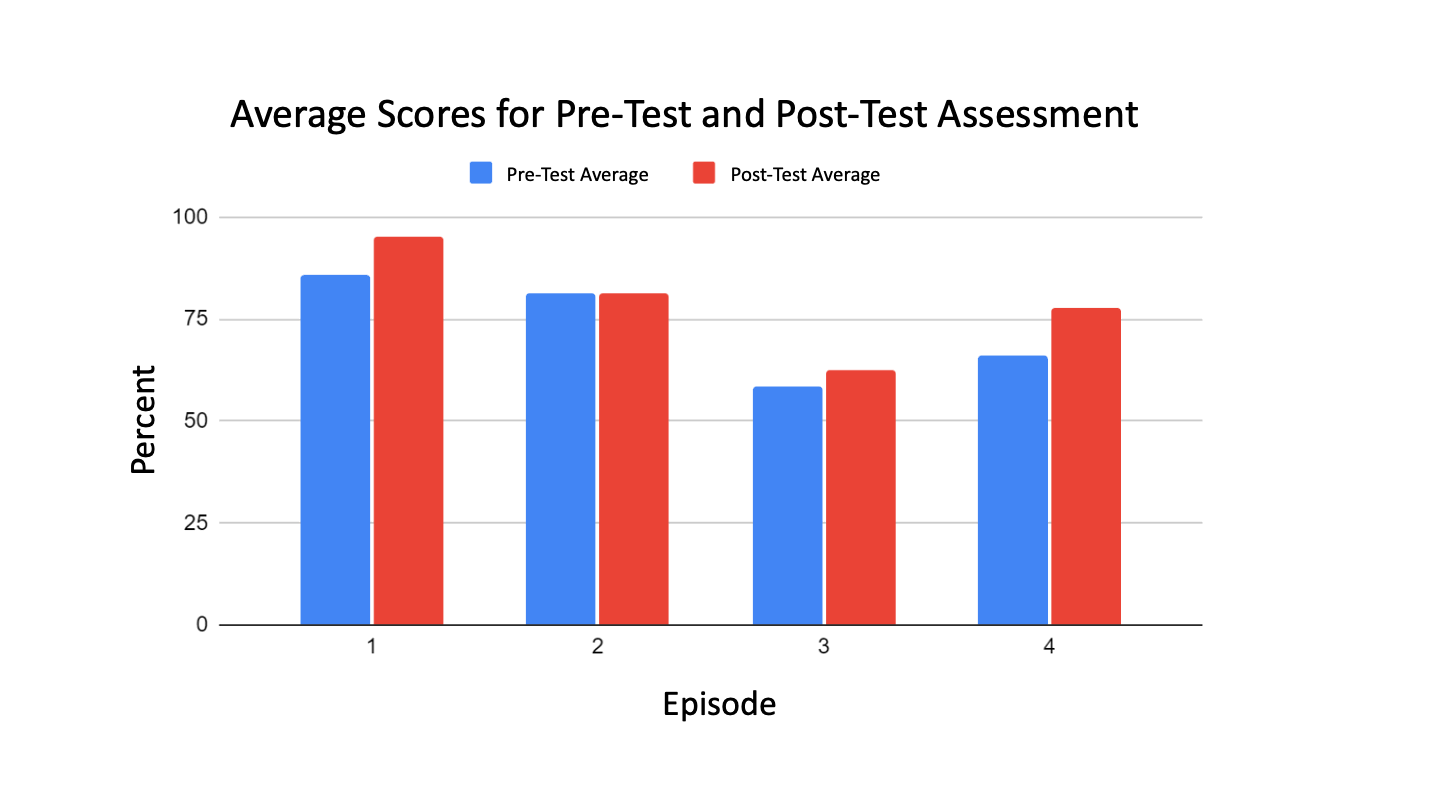Session Information
Session Type: Poster Session C
Session Time: 9:00AM-11:00AM
Background/Purpose: Within pediatric subspecialities, pediatric rheumatology remains one of the newest and smallest, with a paucity of resources available for new trainees and those interested in learning more. It is estimated that 1 in every 250 children has juvenile arthritis, but there are only approximately 400 practicing pediatric rheumatologists nationwide. Most pediatric rheumatologists are concentrated in larger cities, leaving a significant part of the country underserved, meaning pediatric trainees often also lack exposure to pediatric rheumatology. Estimates suggest that approximately 33% of medical schools and 40% of pediatric residency programs lack access to a pediatric rheumatologist, significantly impacting training. Lack of exposure of pediatric rheumatology by learnders early in training and lack of access to pediatric rheumatology clinical experience during any part of training are likely contributing factors to delays in presentation to care of affected patients. To help bridge this gap, social media, particularly the podcast platform, has been increasingly utilized and may be a large part of the future of medical education.
Methods: Four live, interactive educational teleconferences were held for an audience of pediatric residents and pediatric rheumatology fellows. Each session focused on a different subtype of juvenile idiopathic arthritis arthritis (JIA). Recruitment was via email to pediatric residency program directors and pediatric rheumatology fellowship directors. Pre- and post-tests were developed based on learning objectives to assess specific knowledge and confidence regarding ability to recognize and workup JIA. Test scores for which there were paired pre- and post-test data were included in the analysis. Per session, average pre and post test scores were calculated and compared to assess uptake of knowledge and increase in confidence potentially attributable to the session. Given the small number of participants statistical significance could not be assessed.
Results: Number of participants per session ranged from 3-8. Average assessment averages increased in 4 of the 5 sessions (Figure 1) and average confidence increased after all sessions (Figure 2).
Conclusion: Our results suggest that a live teleconference is likely effective at increasing medical knowledge and confidence in recognition and workup of JIA. Recruitment provided some challenges and we intend to improve dissemination by converting sessions into podcasts. While knowledge scores did not show dramatic improvement. Sessions are unscripted and conversational, which may prove more difficult to include the specific content in the pre-and post-tests. There was a more impressive increase in confidence scores, suggesting that the learners found the sessions useful in future diagnosis and management of conditions discussed, making this a valuable learning experience. To overcome these challenges, we plan to convert these teleconference sessions to podcasts with an associated web-based platform, and develop pre-and post-tests that are congruent with our podcast content. Overall, the tools developed provide useful and portable educational resources for a wide audience of pediatric health practitioners.
To cite this abstract in AMA style:
Molina S, Ambooken T, Gulla C, Gillispie-Taylor M, Janow G. Utility of a Novel Pediatric Rheumatology Interactive Teleconference Series: Rheum2Play [abstract]. Arthritis Rheumatol. 2023; 75 (suppl 9). https://acrabstracts.org/abstract/utility-of-a-novel-pediatric-rheumatology-interactive-teleconference-series-rheum2play/. Accessed .« Back to ACR Convergence 2023
ACR Meeting Abstracts - https://acrabstracts.org/abstract/utility-of-a-novel-pediatric-rheumatology-interactive-teleconference-series-rheum2play/


